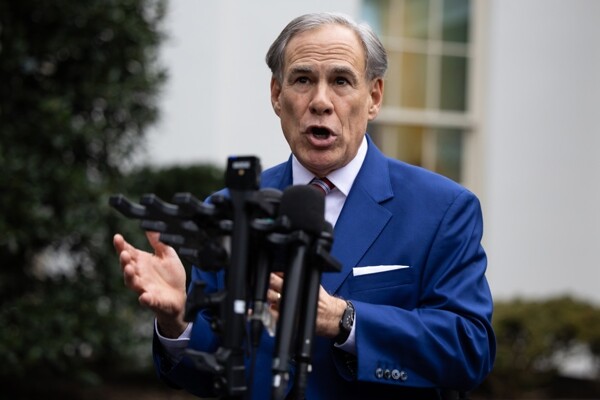
The Banorte Financial Group (GFNORTE) has presented a report titled "The World Awaits President Trump's New Policies," prepared by its Economic and Financial Analysis area, highlighting that the year 2025 is foreseen as a period of great challenges and opportunities globally. The arrival of Donald Trump to the presidency of the United States is expected to have a significant impact on its fiscal and monetary policy, especially if measures such as expansive public spending, tax cuts, and new trade policies are implemented.
The GFNORTE report suggests that the United States may adopt an expansive fiscal policy under Trump's administration, which would imply facing the consequences of possible protectionist measures, such as the gradual imposition of new tariffs. Furthermore, President Trump's stances on immigration and national security, as well as tensions with China, are expected to impact global economic dynamics.
The importance of the interaction between monetary and fiscal policies worldwide in 2025 is highlighted, with most central banks maintaining a focus on reducing interest rates due to improvement in the inflation front and a slowdown in economic activity. This approach will likely influence the foreign policy of the United States, emphasizing public spending, tax cuts, and deregulation of key sectors.
Regarding economic projections, a growth of 1 percent is expected, with a reduction of the Banxico reference rate to 8.50 percent by the end of the year and a possible closing of the exchange rate at 21.40 per dollar. The report indicates that the U.S. Federal Reserve will adopt a gradual and cautious approach in its easing cycle, in contrast with the possible acceleration of rate cuts by other central banks.
In relation to government actions, it is anticipated that many countries will be forced to implement counter-cyclical fiscal policies to consolidate their public finances and reduce debt levels. Additionally, it is expected that Trump's first year in office and the revision of the USMCA in 2026 will be key moments to formally address economic issues.
In the case of Mexico, the presented scenario represents both challenges and opportunities, especially amidst a constantly changing and transforming global context.














